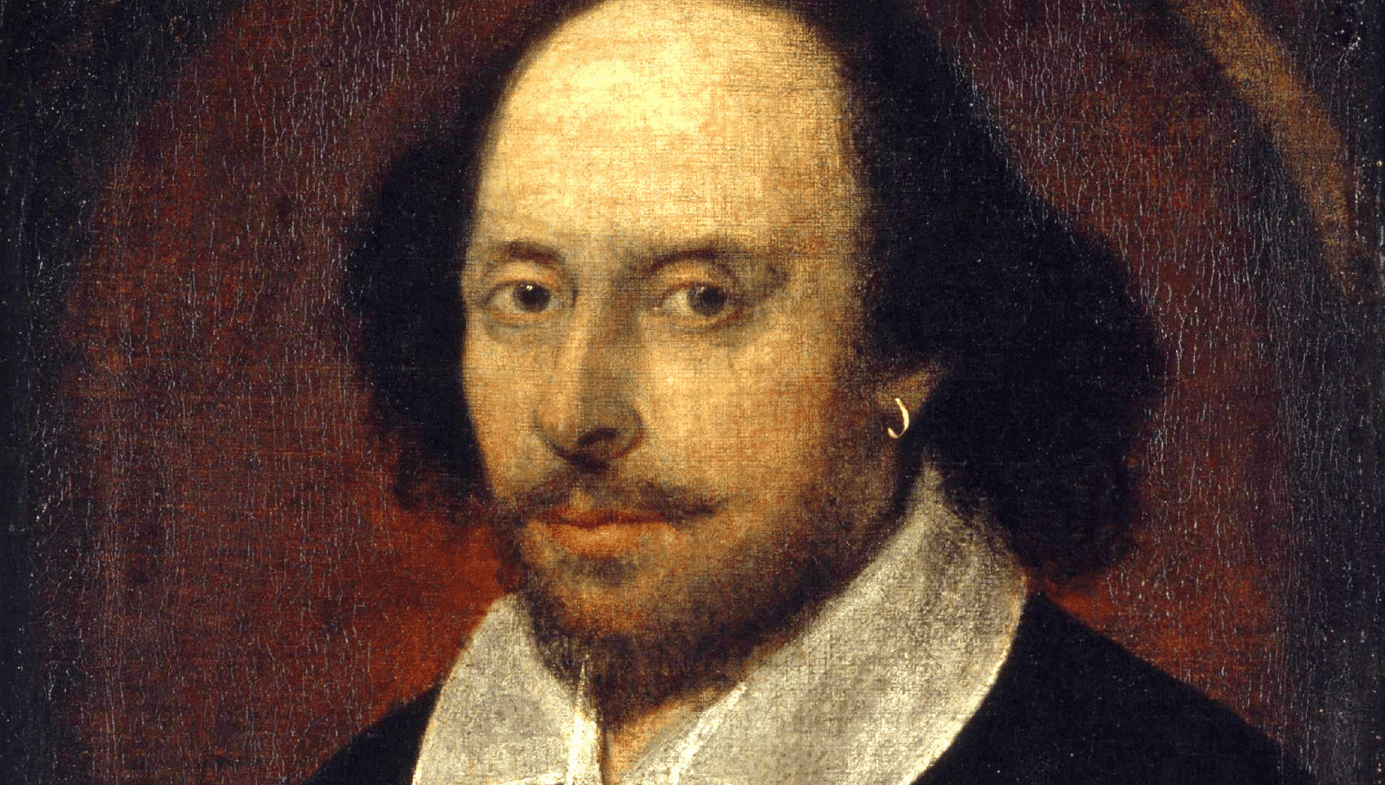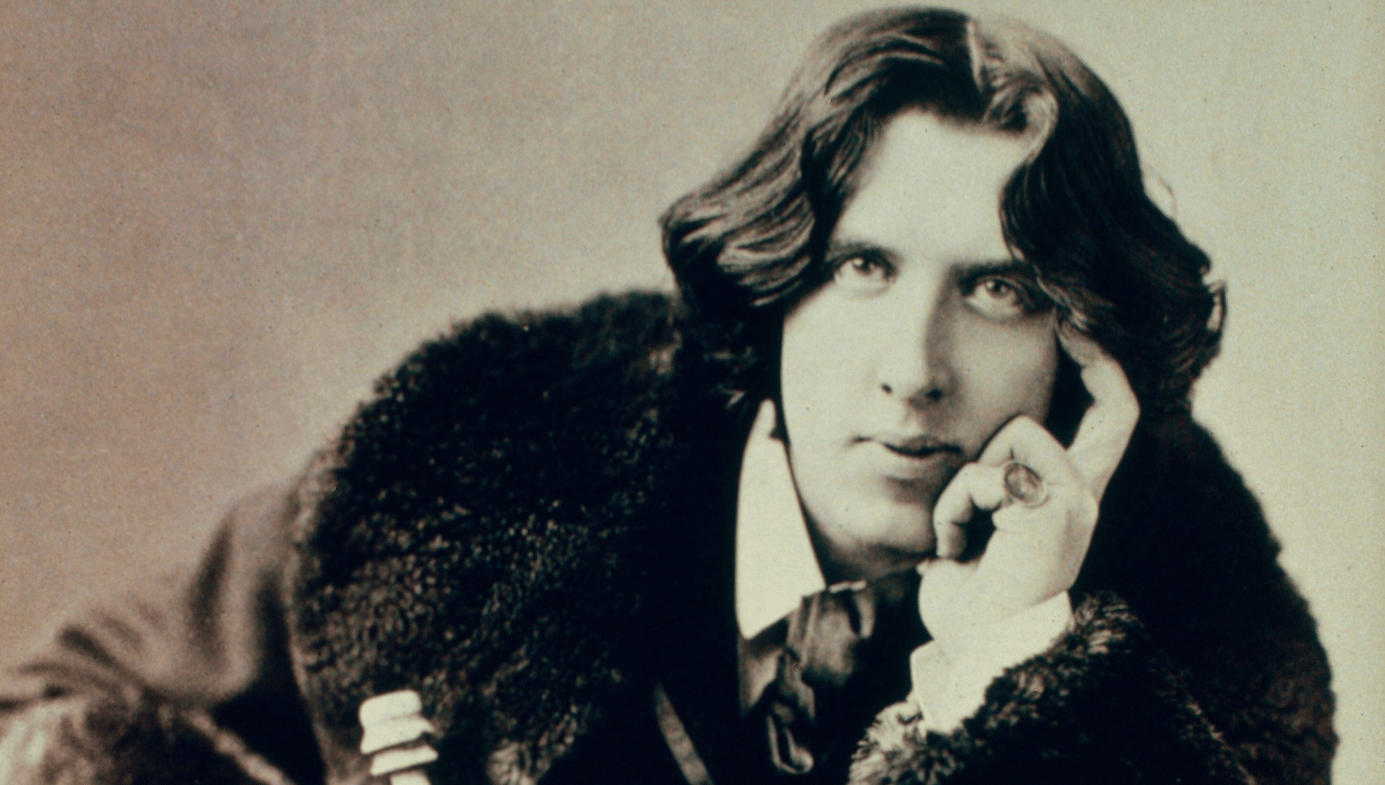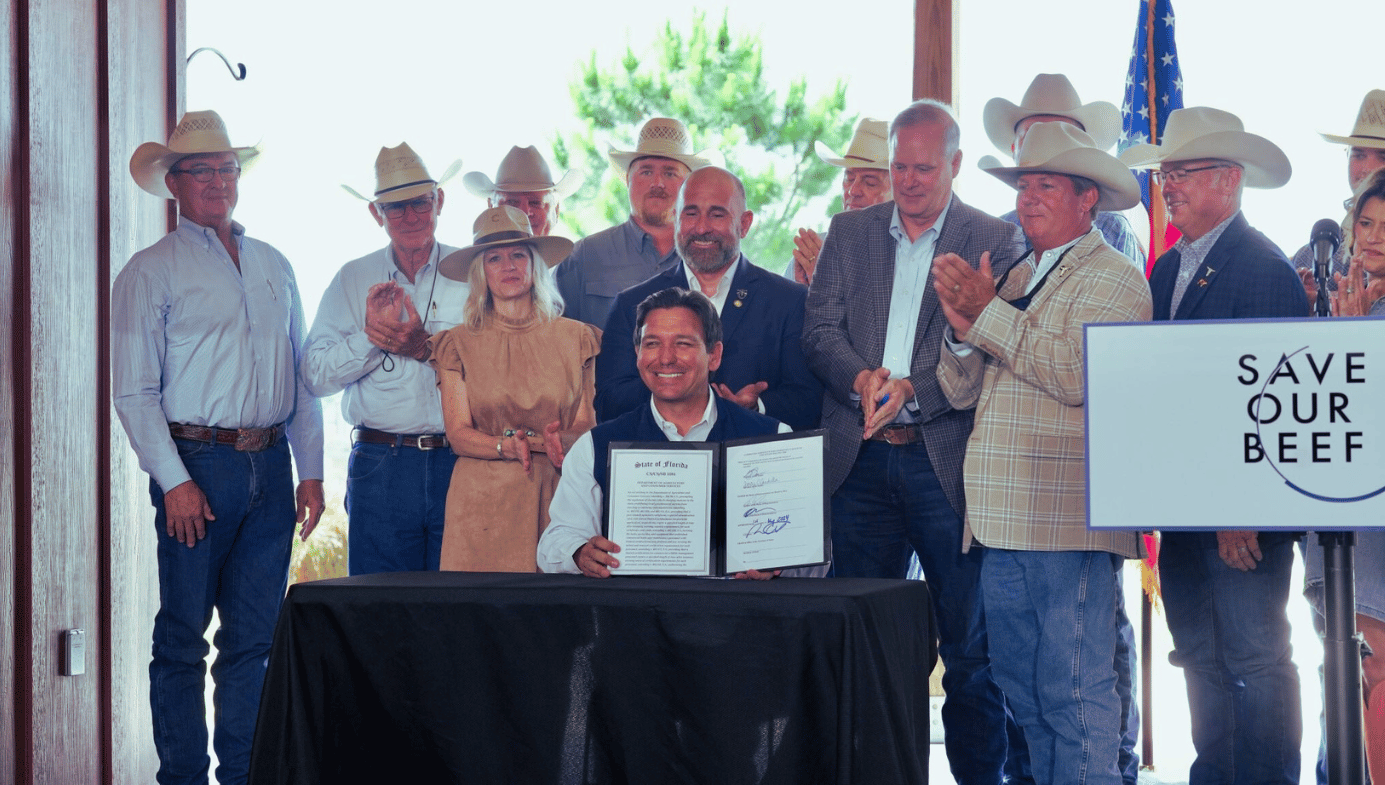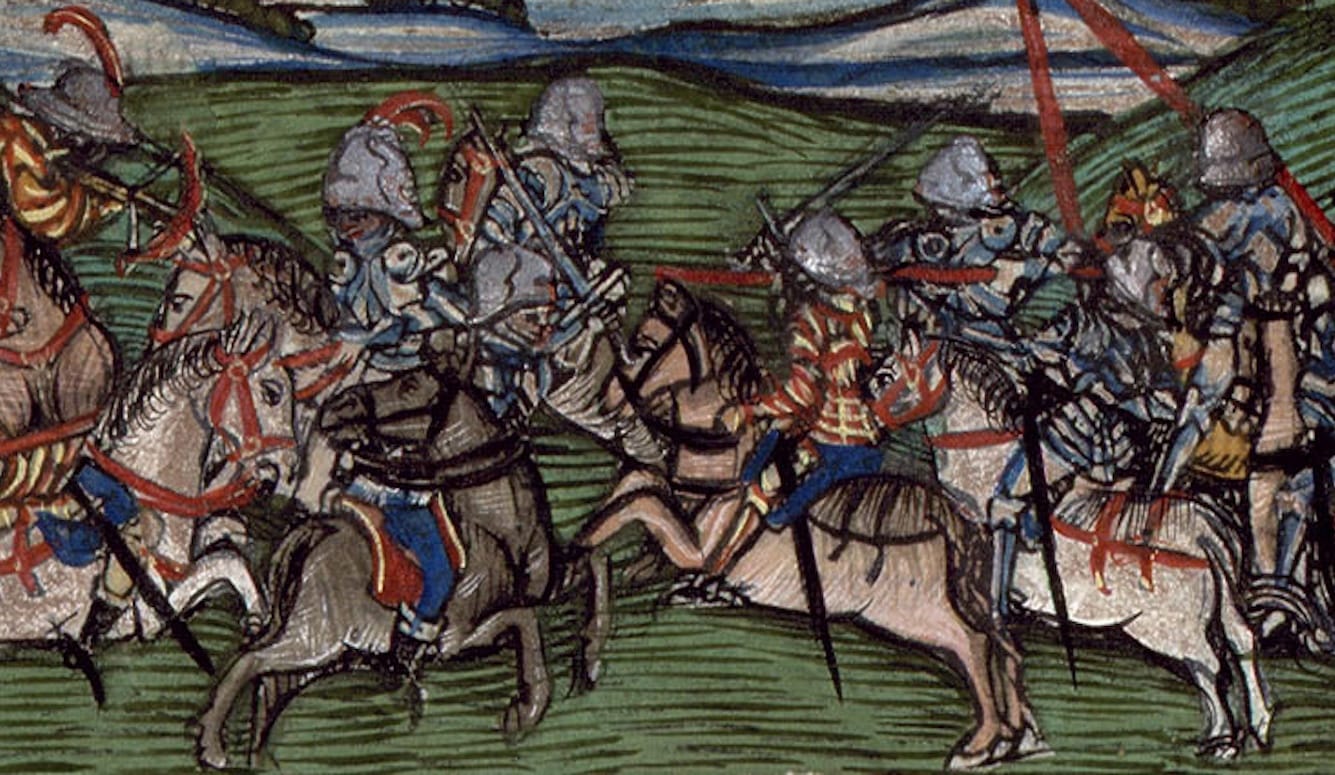The Paranoid Style in Shakespeare Denialism
Against conspiracist trends, there is an obligation on defenders of a liberal society to uphold the integrity of its intellectual methods.

I.
The historian Sir Lewis Namier is rarely read these days yet one of his insights perfectly encapsulates the methods of his discipline. “The crowning attainment of historical study,” he maintained, is to achieve “an intuitive sense of how things do not happen.” These words were quoted by Richard Hofstadter in his classic essay (and my source for this quote) “The Paranoid Style in American Politics” as a warning against conspiratorial fantasists who lack such an understanding.
Writing in the early 1960s, Hofstadter had in mind the recent experience of McCarthyism in American life, but his designation of “the paranoid style” as a cultural phenomenon has wide application. One current, yet actually very old-fashioned, manifestation of this baneful mode of thinking is the notion that William Shakespeare of Stratford was too common and ill-educated to have written the dramatic and poetic works that bear his name, and must therefore have been merely a frontman for the true (and concealed) author. Let’s call this position (for reasons I’ll later explain) “Shakespeare denialism.”











